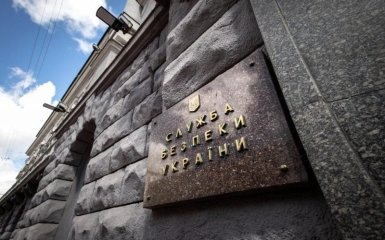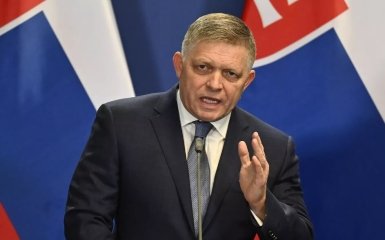The Security Service of Ukraine arrested an enemy informer who was spying on the locations of the Defense Forces in Kharkiv and passing this information on to the Russian special services.
Points of attention
- The Security Service of Ukraine arrested a Russian informer who was spying on and divulging the locations of the Defense Forces in Kharkiv to Russian special services.
- The perpetrator, a 44-year-old local resident, secretly recorded and shared information about the movement and location of Ukrainian servicemen through a Telegram channel.
- The detainee faces up to 8 years in prison for unauthorized dissemination of sensitive information that could compromise the security of the Armed Forces of Ukraine.
- The accused aided Russian intelligence by providing geo-locations of potential targets and conducting reconnaissance missions near the bases of the Defense Forces in Kharkiv.
- The collaboration of the informer with Russian special services highlights the ongoing threats to national security and the vigilance required to safeguard sensitive military information.
The SSU detained a Russian informer in Kharkiv
The security service detained another enemy accomplice in Kharkiv, who acted in the interests of the aggressor state. The attacker "poured" into one of the Telegram channels of the location of the Defense Forces.
First of all, we are talking about places of concentration and movement routes of Ukrainian defenders, as well as places of their temporary stay.
As the investigation established, the suspect is a 44-year-old local resident who works in the field of public transport.
During the performance of official duties, the woman secretly recorded the time and places where servicemen of individual units of the Armed Forces of Ukraine were.
Online, she prepared text messages indicating the locations of the Defense Forces.
Then the attacker published closed information in the Telegram channel, which was used by the Russian special services to collect intelligence on the deployment of units of the Armed Forces.
Employees of the Security Service documented the subversive activities of the accused and detained her in her own apartment. A mobile phone with evidence of crimes was seized from the detainee.
So far, SBU investigators have informed the detainee of suspicion under Part 2 of Art. 114-2 of the Criminal Code of Ukraine (unauthorized dissemination of information about the movement and location of the Armed Forces if it is possible to identify them on the ground). The perpetrator is in custody without bail. She faces up to 8 years in prison.
An enemy agent was detained in Kharkiv
The SSU notes that the woman, in her free time from work, helped the Russians aim at the bases of the Defense Forces in Kharkiv.
She received geo-locations of potential targets from the occupiers, and then conducted reconnaissance there.
When she was near the facility, she surreptitiously observed it to establish an approximate number of personnel and military equipment there.
She transmitted the received information to her Russian curator in the form of text messages with the coordinates indicated on Google maps.












